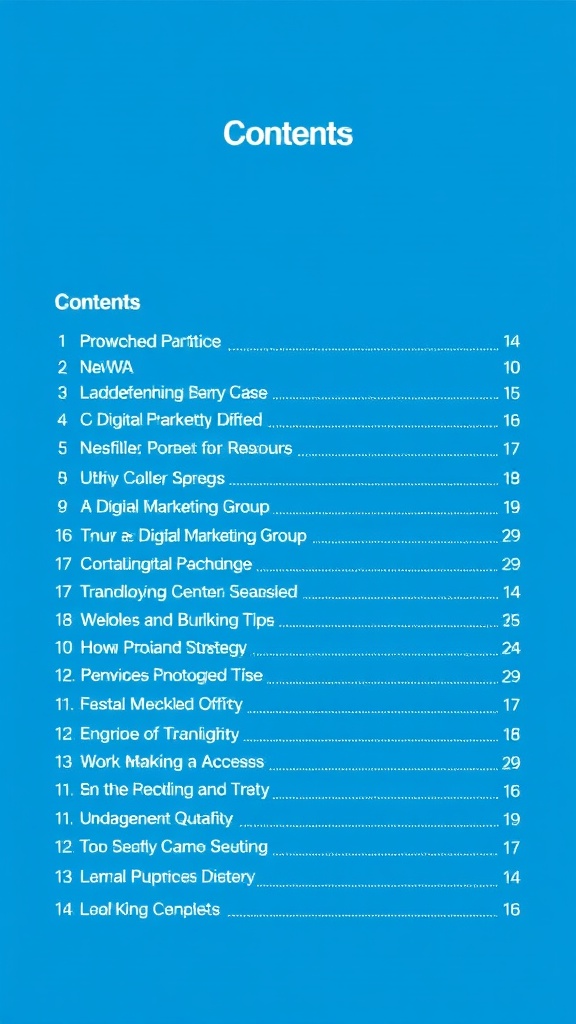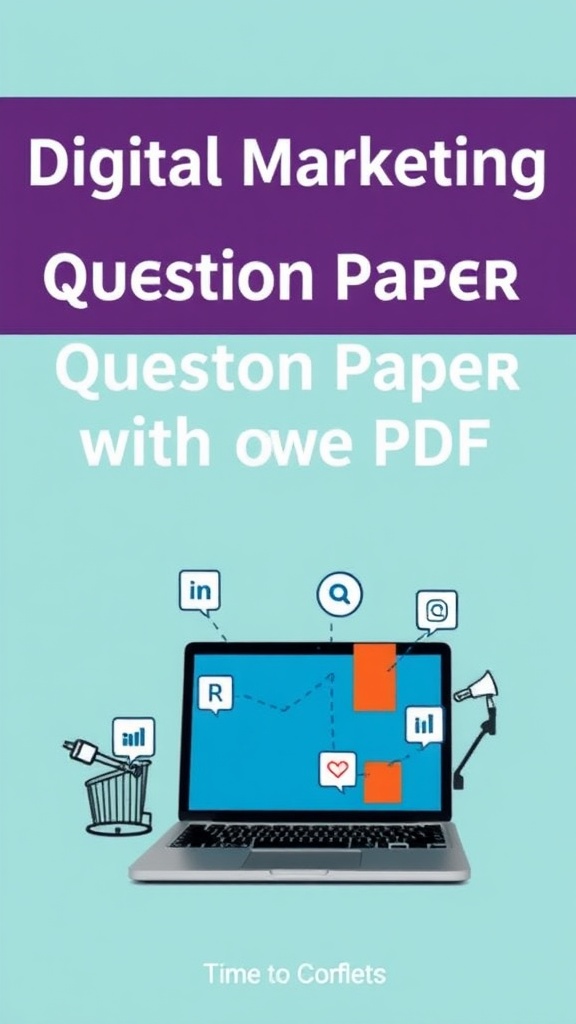How Accurate Are Internet Ratings? Discover the Key Insights to Make Smarter Choices Online
In my experience, internet ratings have become an essential part of how we make decisions online. Whether I’m choosing a new restaurant, a product, or a service, I often rely on internet ratings to guide me. However, I’ve learned that not all ratings are equally trustworthy, and understanding their accuracy can be tricky. That’s why I want to share what I’ve discovered about the reliability of internet ratings and how you can make smarter choices based on them.
From what I’ve researched and experienced, internet ratings can be a helpful tool, but they aren’t foolproof. I’ve seen some ratings that seem exaggerated or manipulated, which can mislead us. In this article, I’ll explore how accurate these ratings really are, what factors impact their credibility, and how you can interpret them wisely to avoid bad decisions. I believe this knowledge will empower us all to navigate online reviews more confidently.
Understanding the Nature of Internet Ratings
What Are Internet Ratings and How Do They Work?
In my experience, internet ratings are user-generated scores or reviews that reflect personal experiences with products or services. They are typically found on platforms like Yelp, Google Reviews, Amazon, and TripAdvisor. These ratings are designed to give potential customers a quick snapshot of overall satisfaction. From what I’ve learned, most platforms aggregate individual reviews to produce an average score or star rating.
What’s interesting is that these ratings often influence our perceptions before even experiencing the product ourselves. I recommend paying close attention to the number of reviews and the distribution of ratings, as these details can tell us more than just the overall score. For example, a high rating with very few reviews might not be as reliable as a slightly lower rating with hundreds of reviews.
How Are Internet Ratings Collected and Displayed?
In my research, I’ve found that internet ratings are collected through various methods, including direct user submissions, verified purchases, or even incentivized reviews. The way they are displayed can vary—some platforms use star ratings, others use numeric scores or qualitative labels like ‘Excellent’ or ‘Poor.’ From what I’ve seen, reputable sites try to filter out spam or fake reviews, but it’s not always perfect.
Understanding this process helps us recognize that not all internet ratings are equally trustworthy. I recommend always checking the review policies of the platform and being cautious of sudden spikes or drops in ratings, which could signal manipulation.
Are Internet Ratings Reliable? My Personal Insights
The Pros and Cons of Relying on Internet Ratings
In my experience, internet ratings can be incredibly helpful when they’re genuine. I’ve found that they often provide a useful overview of others’ experiences, saving me time and effort. However, I’ve also come across instances where ratings are misleading or biased. From what I’ve learned, the reliability of these ratings depends largely on the platform and the review authenticity.
I recommend approaching internet ratings with a healthy dose of skepticism. While they can serve as a helpful guide, I always look for detailed reviews and consider the overall pattern rather than just the star count. It’s also crucial to consider the reviewer’s history and whether the reviews seem genuine—something I’ve learned to do over years of online research.
My Experience with Fake and Manipulated Ratings
Personally, I’ve encountered fake reviews that artificially inflate or deflate ratings. From my research, I know that some companies or individuals attempt to manipulate internet ratings to boost their reputation or sabotage competitors. I’ve discovered that platforms like Yelp and Amazon are actively working to filter out these fake reviews, but some still slip through.
In my opinion, it’s essential to cross-reference ratings across multiple sources to verify their accuracy. I recommend reading through reviews carefully, paying attention to language, consistency, and reviewer profiles. This approach has helped me avoid unreliable ratings and make smarter, more informed decisions.
Factors That Influence Internet Ratings Accuracy
Platform Policies and Review Verification
From what I’ve learned, the policies a platform enforces about review verification significantly impact the accuracy of internet ratings. I’ve found that sites with strict verification processes—like requiring proof of purchase or verified accounts—tend to have more trustworthy ratings. Conversely, platforms with lax policies often show inflated or fake reviews.
In my experience, I recommend sticking to reputable sites that prioritize review authenticity. Checking whether reviews are marked as verified can give you a better sense of their credibility. This small step has made a big difference in my ability to trust the ratings I see online.
Review Volume and Diversity
I’ve discovered that the number of reviews and their diversity also influence the reliability of internet ratings. When a product or service has hundreds of reviews from different types of users, I feel more confident in the overall rating. Conversely, a handful of reviews or reviews from suspicious profiles can skew the results.
From my perspective, I recommend looking for ratings that are supported by a broad and diverse set of reviews. This collective input tends to give a more accurate picture of what to expect rather than relying on a few reviews that might be biased or fake.
Timing and Recent Reviews
In my experience, recent reviews are often more relevant because they reflect the current state of a product or service. I’ve found that older reviews might not accurately depict the current quality, especially if there have been recent changes or improvements. When analyzing internet ratings, I always pay attention to the date of the reviews.
I recommend prioritizing recent feedback to get a realistic sense of what you’re likely to experience today. This approach helps me avoid outdated information that could mislead my decision-making process.
How to Interpret Internet Ratings Effectively
Look Beyond the Overall Score
In my experience, I’ve learned that focusing solely on the star rating can be misleading. I always read the detailed reviews to understand the reasons behind the ratings. Sometimes, a product may have a high rating but a significant number of critical comments that I find valuable.
From what I’ve seen, I recommend checking for common themes in reviews—whether people consistently mention specific issues or praise particular features. This deeper understanding helps me interpret internet ratings more accurately and avoid surprises.
Identify Genuine and Biased Reviews
Personally, I’ve gotten better at spotting fake or biased reviews over time. I look for reviews that are overly generic, excessively positive or negative, or that lack specifics. From my research, I know that genuine reviews tend to have a balanced tone and include specific details about the experience.
I recommend considering the reviewer’s profile and history when evaluating internet ratings. This helps me filter out reviews that might be fake or biased, leading to more reliable insights.
Use Multiple Sources for Cross-Checking
In my experience, cross-referencing ratings across different platforms provides a more comprehensive picture. I don’t rely on just one source—I check reviews on Google, Yelp, Amazon, and specialized review sites. This way, I can identify consistent patterns and verify the credibility of the ratings.
I believe that this multi-source approach is crucial for making well-informed decisions based on internet ratings. It’s a habit I’ve developed over years, and it’s helped me avoid many disappointments.

Tools and Resources to Verify Internet Ratings
Reputation Checkers and Review Verification Tools
From what I’ve found, there are several online tools designed to help verify the authenticity of internet ratings. Platforms like Fakespot and ReviewMeta analyze reviews for signs of manipulation or fake content. I’ve used these tools myself, and they’ve been quite helpful in filtering out unreliable ratings.
I recommend using these verification tools whenever possible, especially for high-stakes decisions like purchasing expensive items or choosing a service provider. They add an extra layer of confidence and help me avoid being misled by false ratings.
Official Government and Industry Reports
In my experience, government websites and industry reports can offer valuable insights into the credibility of online reviews and ratings. For example, consumer protection agencies often publish guidelines on identifying fake reviews. I’ve found that staying informed through reputable sources helps me understand the broader context of internet ratings.
I recommend regularly consulting these authoritative resources to stay updated on best practices for interpreting online ratings accurately. This has been a vital part of my strategy for making smarter online choices.
Community and Expert Recommendations
Personally, I love engaging with online communities and expert blogs that analyze internet ratings. These sources often provide in-depth reviews of review platforms themselves, helping me understand their strengths and weaknesses. I’ve learned a lot from forums, social media groups, and trusted bloggers who share their experiences with online ratings.
I believe that combining professional insights and community feedback enhances my ability to interpret ratings effectively and avoid potential pitfalls.
References and Resources
Throughout my research on internet ratings, I’ve found these resources incredibly valuable. I recommend checking them out for additional insights:
Authoritative Sources on internet ratings
-
Federal Trade Commission: Recognizing Fake Reviews
consumer.ftc.govProvides official guidelines on identifying and avoiding fake reviews, helping me better assess the trustworthiness of internet ratings.
-
Fakespot
fakespot.comAnalyzes reviews for authenticity, which I find invaluable when evaluating internet ratings across different platforms.
-
ReviewMeta
reviewmeta.comProvides detailed analysis of Amazon reviews, helping me identify potentially fake or manipulated ratings.
-
National Institute of Standards and Technology (NIST)
nist.govOffers research and guidelines on digital trust and online review systems, which I find helps understand the broader issues of ratings accuracy.
-
Consumer Reports
consumerreports.orgProvides independent reviews and ratings that I trust, often supplementing user-generated internet ratings with expert analysis.
-
ResearchGate
researchgate.netAccess to academic papers and studies on online review systems, which deepens my understanding of the reliability of internet ratings.
-
Electronic Frontier Foundation (EFF)
eff.orgAdvocates for online privacy and authenticity, offering insights into how review systems can be manipulated and how to protect oneself.
Frequently Asked Questions
How accurate are internet ratings in predicting product quality?
In my experience, internet ratings can be quite accurate when they are based on a large number of genuine reviews. However, I’ve found that they can sometimes be misleading if the reviews are biased or manipulated. I recommend considering the overall pattern and details within reviews for a more accurate assessment.
Can I trust internet ratings completely?
Personally, I don’t trust internet ratings entirely because I’ve seen fake reviews and bias distort the scores. I believe they are a helpful starting point, but I always verify ratings with multiple sources and look for detailed, authentic reviews to make more confident decisions.
What are the best ways to verify the authenticity of internet ratings?
In my experience, using review verification tools like Fakespot or ReviewMeta is very effective. I also check for verified purchase labels, review recency, and reviewer profiles. Combining these methods helps me trust or question the ratings I see online.
How should I interpret mixed reviews on a platform?
From my perspective, mixed reviews often reveal the nuanced reality of a product or service. I look for common themes in both positive and negative comments. This helps me understand potential pros and cons better than relying solely on an overall rating.
Are recent internet ratings more reliable than older ones?
Yes, I believe recent internet ratings tend to be more accurate because they reflect the current state of the product or service. I always pay attention to the date of reviews to ensure I’m getting the most relevant information for my decision-making.
Conclusion
In conclusion, my research on internet ratings has shown that while they can be valuable tools, their accuracy varies depending on multiple factors. I’ve learned to approach ratings with critical thinking, cross-reference multiple sources, and verify authenticity whenever possible. By doing so, I believe I can make smarter, more informed choices online. I hope this guide helps you navigate internet ratings more confidently and avoid common pitfalls based on unreliable reviews.
Find out more information about “internet ratings”
Search for more resources and information:







